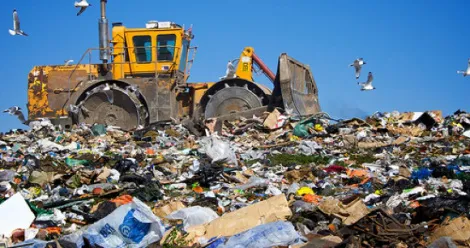Trash talk: Why Big Data needs to focus its use case to succeed
Blog: IT :: Redux
In 2012 the Senseable City Lab, part of MIT, conducted an experiment called Trash Track to see just what happens when someone takes out the trash. By attaching transmitters to over 3,000 pieces of rubbish they were able to track where that item went, whether they went to the correct recycling facility or not, and how far they traveled.
TrashTrack uses hundreds of small, smart, location aware tags: a first step towards the deployment of smart-dust – networks of tiny locatable and addressable microeletromechanical systems.These tags are attached to different types of trash so that these items can be followed through the city’s waste management system, revealing the final journey of our everyday objects in a series of real time visualizations.
The results were eye opening as you can imagine, and as the website suggests, it highlights that we know so little about the end of the process and too much about the supply chain. You could argue this for every industry.
But it’s this kind of big data that can help cities manage resources more effectively, reduce costs and carbon footprint.
Now move to the story in the papers last week about the Renew bins in London.
It came to light that a dozen of London’s recycling bins fitted with digital screens were tracking each smartphone and device that connected to them with WiFi. It allowed advertisers to deduce whether the same phone – although not necessarily the same person – is passing by. By recording the MAC address, it was then possible to track when a phone reconnects. The bins could track speed and location, potentially allowing personalized advertising that even adapts according to user behaviour. The City of London has since taking this matter up legally because the Data Protection Act forbids this kind of snooping.
But these two use cases, both about trash, highlight a massive divide in how big data and analytics is being applied. It seems that there are only pockets of real-world and intelligent use of these technologies being applied whereas it’s all too easy and convenient to harvest information for “personalized advertising” purposes.
What would you rather have ? An advert about milk as you pass by a shop or the fact your local authority will cut your annual cost of living by redesigning their processes to be more efficient ?
We have a long way to go to get rid of the mindset that data is all about marketing and advertising.
One man’s trash is another man’s big data after all.
Tagged: big data, city of london, renew, senseable, trash track
